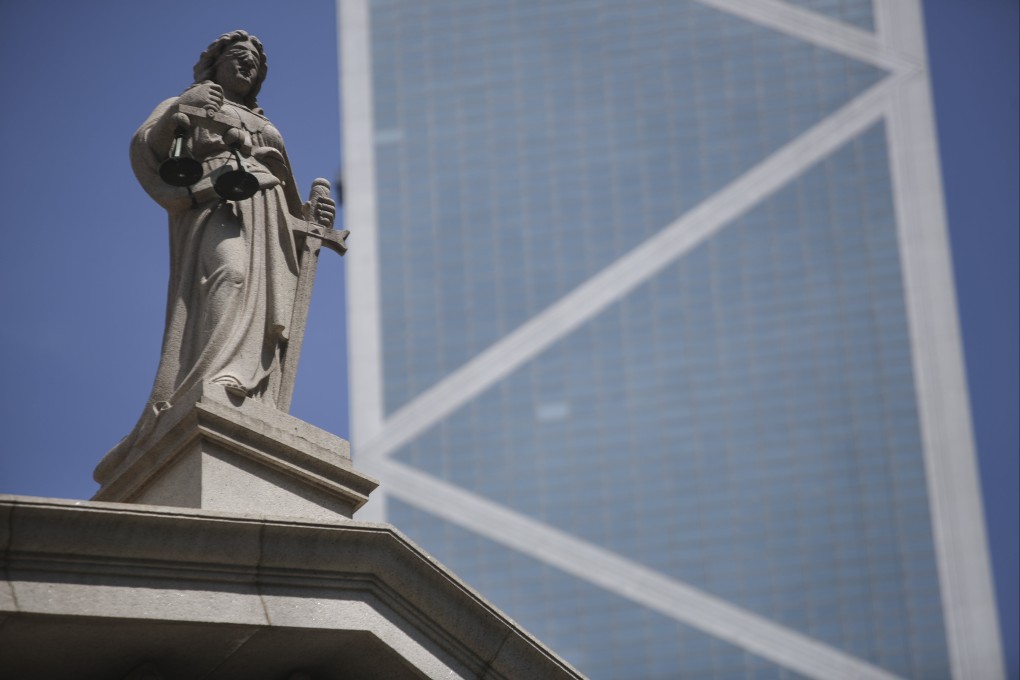My Take | Proposal will extend government influence over handling of trials
- The change to the law would hand the decision on whether a foreign lawyer can take on a national security case to the city’s chief executive

Three months have passed since Hong Kong’s top court rejected a bid by the government to prevent media tycoon Jimmy Lai Chee-ying hiring a top British lawyer for his national security trial. But questions still remain about the role played by lawyers from overseas in such cases.
Last week, the Department of Justice proposed simple but significant changes to the law. The amendments remove the power of the courts to determine whether a foreign lawyer is permitted to take on a national security case. Instead, the decision would be made by the chief executive.
The proposal, thankfully, falls short of a total ban on the hiring of foreign lawyers for such cases. But it amounts to the clipping of the judiciary’s wings.
Having failed in court, the government now intends to make decisions on foreign lawyers itself. It is a bit like losing a football match and deciding that, in future, you will also be the referee. There will be no more inconvenient rulings on this issue by pesky courts.
The government is a combatant in national security cases. This latest proposal extends its influence over the handling of trials and further limits the role of the judiciary.
Judges in such cases already have to be approved by the chief executive. The Department of Justice can dispense with a jury and decisions of the high-powered national security committee are not subject to judicial review.
